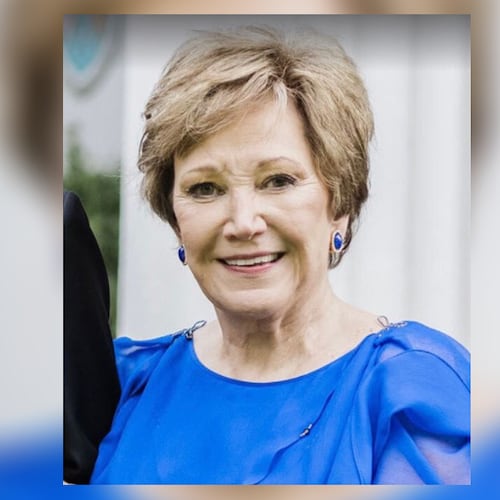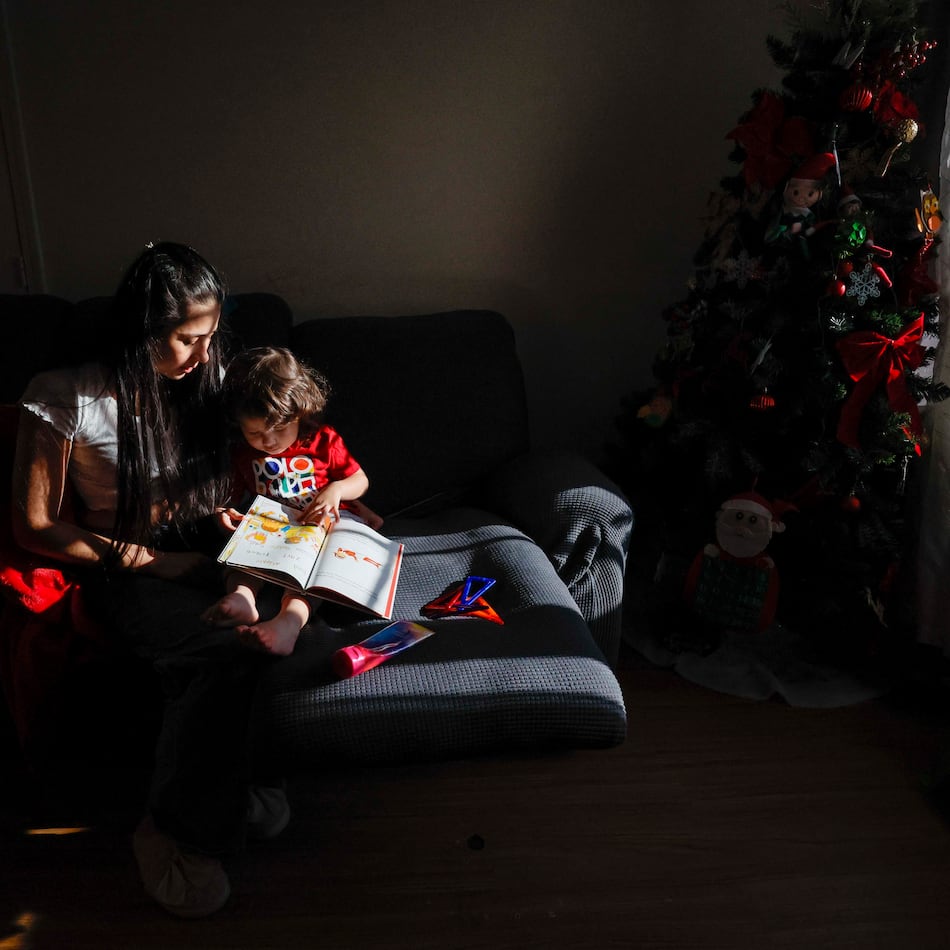She may be the most influential person in women's politics that most voters have never heard of.
Long before Hillary Clinton ran for president or the world outside of Alaska heard of Sarah Palin, Atlanta native Marie Wilson was finding, training and pushing women to run for public office.
Since 1998, her organization, the White House Project, has had the sole goal of getting more women into political office everywhere, from the smallest of city councils to -- you guessed it -- the White House.
"When you add women, you change everything," Wilson said, parroting the mantra of her New York-based nonprofit, nonpartisan group. She'll be back in Atlanta on Wednesday for a forum on women leadership her group is sponsoring.
Over the past decade, Wilson's group has trained more than 9,000 women on the basics of running for office, mainly at local levels.
In Georgia, more than 1,500 women have gone through the group's political "boot camps" -- including 550 this year alone, according to Wilson's office. Some have graduated to become judges, and city and county leaders and members of the Georgia legislature. Seven alums were on the November ballot in Georgia.
Last week's run-off for Georgia House District 58 pitted two White House Project alums against each other.
Simone Bell, who attended an all-day "boot camp" earlier this year, beat Asha Jackson, who went through the training several years ago.
Bell said the lessons on how to craft a campaign platform and prepare stump speeches were especially helpful.
"The training is very detailed … but of course just being in a room with a lot of other women with political aspirations is always an inspiration," she said.
At Wednesday's forum in Atlanta, Wilson plans to release a new study from her group that shows Americans are generally accepting of women in leadership roles in politics and business -- but that women have made only incremental gains in office over the past decade.
The number of women in state legislatures, for instance, increased only 2 percentage points in the past decade, to about 24 percent, according to the study. The number of female mayors, governors and other state executives has slipped, while the number of women in Congress has inched up only slightly.
All of that comes despite the fact that women make up half of the country's population and that women voters have typically outnumbered men in recent elections.
"We're really at a crisis in terms of leadership," Wilson said. "If we don't make it easier for women in this country to move into public life, we're missing out on half of our (country's) talent."
Georgia lags behind
In Georgia, the number of female elected officials is lower than the rest of the country.
Women make up nearly 51 percent of the state's population, but hold about 18 percent of the 236 seats in the Georgia General Assembly.
None of the state's 15 members of Congress are women.
And in Atlanta, Kasim Reed just defeated Mary Norwood to replace the only female mayor in the city's history, Shirley Franklin.
"We are no where close to where we need to be," said Lisa Borders, the Atlanta City Council president who ran unsuccessfully for mayor. Borders is on the group's board of directors.
"It's not harder for women to run for office, but it's harder for women to balance all their responsibilities between managing their families, managing their work, managing their lives," she said.
Borders and Wilson say research shows that women typically get more done while in office and tend to be better consensus-builders. But women also generally have a harder time then men asking for campaign donations and votes, which makes it harder for them to win elections.
"We are taught to nurture, as opposed to solicit," Borders said.
Motivating others
It was a different movement, the Civil Rights Movement, that inspired Wilson, now 69, to eventually crusade for more women in politics.
She grew up in Buckhead in the 1940s-50s. Segregation was the norm and the civil rights movement was just beginning.
"I grew up learning about how justice is supposed to rule … and then I looked around and saw what was going on in terms of race and I knew it wasn't fair," she said.
From Atlanta, she went to Vanderbilt University, where she became active in the Civil Rights Movement.
She would go on to lead the Ms. Foundation for Women, where she pioneered a micro-lending program for aspiring businesswomen. She helped create the Take Our Daughters and Sons to Work Day program and wrote two books on women and leadership. Along the way, Wilson raised three sons and two daughters and now has four grandchildren.
Despite the stagnancy of women in top political jobs, Wilson said she she's encouraged by improvements in diversity in lower political offices.
"It's like when the water has been turned off for a while and you turn on the faucet and it just starts to sputter and trickle," she said, a Southern accent still noticeable despite years of New York City life. "It's starting to flow."
For someone who pushes women to get involved in politics, Wilson's political experience -- and political ambitions -- are scant.
Her only time in office was a short stint as a city council member in Des Moines, Iowa in 1983. She quit to join the Ms. Foundation. She said she harbors no personal political aspirations.
"You know, I've had good experience in terms of being able to make fairly large scale things happen from outside the (political) system," Wilson said. "I feel like this is what I've been called to do."
THE WHITE HOUSE PROJECT
Nonprofit, nonpartisan group that encourages and trains women to run for public office. The group and its Georgia Leadership Foundation is holding a forum on women and leadership Wednesday night in Atlanta.
www.thewhitehouseproject.org for more information.
WOMEN IN POLITICS
Women make up about half of the nation's population, but a much smaller share of its leadership roles.
Governors: 12 percent
Mayors of big cities: 15 percent
State legislatures: 24 percent
State executive officials (governors, Lt. governors, treasurers): 24 percent
Members of Congress: 17 percent
WOMEN IN OTHER LEADERSHIP POSITIONS
Academia: 23 percent
Business: 16 percent
Journalism: 22 percent
Law: 18 percent
Military: 11 percent
Religion: 15 percent
Sports: 21 percent
*As of June 2009
Source: The White House Project benchmarking study
About the Author
The Latest
Featured

